5 Things to Do Before Opening a Halal Restaurant
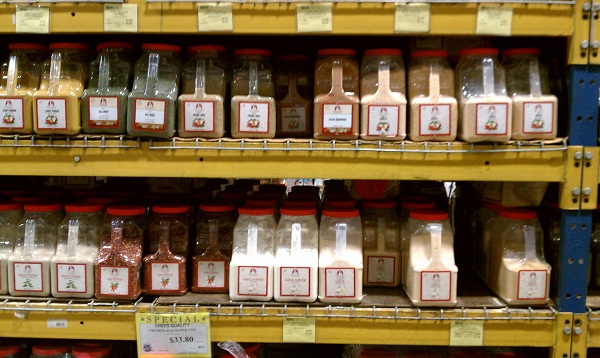
I’ve recently seen friends of mine open up {halal} restaurants and for many years considered opening up one of my own. Running any business is a challenge and the restaurant business is one of the most unforgiving and most rewarding at the same time. Through their experience and consulting with others on how to follow steps to open up a restaurant that caters to a customer base desiring halal foods, I’ve compiled a list of the most prominent features I’ve discussed with them.
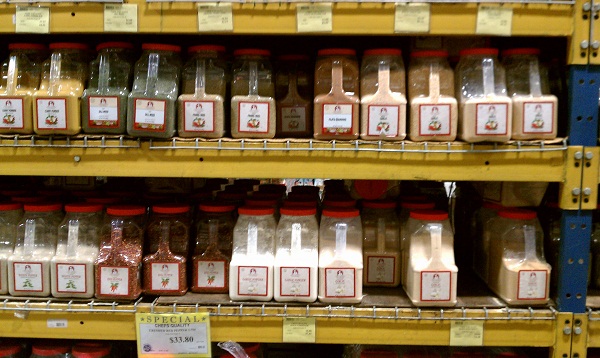
Here’s my take on some of the steps I find to be the most important, yet simple to keep in mind.
Starting any business has its challenges and restaurants are some of the most challenging of all. Risk involved is start-up is quite high, as is the amount of physical labor required to keep things going smoothly. Many fail for lack of estimating expenses and projected income and mismanaging resources, particularly that of staff and the flow of edible products.
Halal restaurants, much like other niche-specific restaurants in particular come with their own sets of challenges. When faced head-on, however, they can actually be tasks that are advantageous to the restaurant owner.
Here are a few simple steps to ensure you’re doing your best to succeed at one of the world’s most challenging and rewarding business operations:
1. Know About Islamic Business Practices
Before starting a restaurant business (or any business for that matter), if you’re a Muslim or working with Muslims, it’s critical to know the laws of business rooted in the Shari’a, or laws, of Islam. Knowing what is halal (permissible) with regards to food is critical, but so are the laws surrounding everyday business transactions.
Learning how to conduct business according to Islamic law allows you to give customers, business partners and everyone else their due rights—and it makes for good business. For example, all contracts should be in writing whether dealing with a family member, your best friend or even a neighbor. Everyone will understand clearly what their roles and responsibilities are as well as all expectations of other parties as they’re laid openly on the table.
Much information and examples of how the Prophet (s) and early Muslims conducted business transactions can be found in the Qur’an and the Sunnah. Clear, fair and just dealings come to mind when thinking of how they handled their businesses and interacted with customers.
2. Get to Know Vendors who Manufacture Halal Products
When owning a restaurant, your supply chain is your life line. If you have top-quality, honest and reliable vendors, you can run a smooth operation because of the great products coming consistently to you. If not, the pipeline is stuck and so is your cash flow.
Do your homework and meet with the vendors with whom you’re most interested in purchasing products. Don’t be afraid to ask the hard questions. Remove all scrutiny of whether or not their goods are truly halal by asking for certifications and written proof. Ask to see their products and/or processes in person, without infringing on their intellectual properties, of course.
If there’s any hesitation or argument from these potential vendors, you’ll find these may not be the best vendors to supply your goods, no matter how decent the price may be. After all, when word of mouth from your customers spread that you’re carrying a less-than-ideal product—or worse, one that isn’t truly halal—you are in for an upward battle to correct all the negative press that comes with such publicity.
Last, but not any less important, is to commit to supporting quality halal vendors. Price is of course the bottom line, but the more vendors are able to sell their high quality halal products, the more they can bring down their prices. Encourage other restaurant owners to work with these vendors and everyone wins, insha’allah.
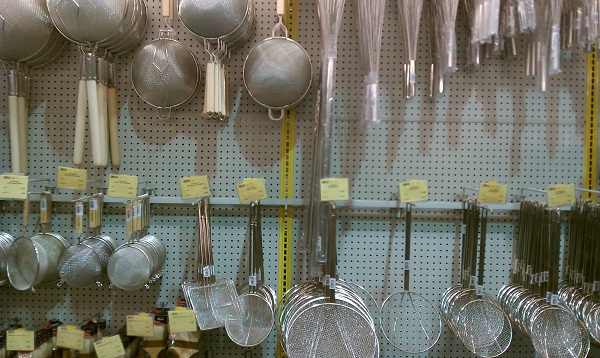
3. Network with other Restaurant Owners
Networking is an important part of any business. It’s true that many other restaurant owners are your competition, but it doesn’t hurt to work with them when it makes sense. More often than not, people are willing to share information on how they got started, who they work with and what has worked best for them. People will be most helpful when you offer some of your own pointers in exchange.
What may be even more beneficial to the halal restaurant owner is to connect with owners of niche-specific restaurants such as gluten-free, vegetarian or vegan restaurants. They are often quite resourceful in terms of knowing where to find top quality products that accommodate the specific needs of their customer base. Some of the products they use can be crossed over into the halal market because they make great substitutes for similar products which contain meat or questionable dairy products.
4. Create a Culture of Transparency and Top Quality Customer Service
Restaurant-goers today are savvy about what they eat- the content and origins of their food being two factors of interest. That said, nothing is more important to them than knowing the truth behind what they’re eating. Who are your famers? Who grows your vegetables? Is some or most of your food organic? Is the food from sustainable farming methods? Is the coffee fair- trade? If not, why? As a business owner, you must be completely transparent about where you get your food and who your vendors are. In fact, be proud of your vendors—if they’re top quality, that means you can be, too. You don’t have to give away trade secrets, but disclosing some information openly and in a fun, spirited way can actually strengthen your reputation among your customer base and provide a loyal following.
Now that you’ve got a policy of informing and sharing with your customers where their food is coming from, you’ve got to keep them around with great (not just good) customer service.
People are more forgiving about less-than-perfect food than they are about being treated poorly during their dining experience. If a restaurant owner or staff is aggressive or defensive when asked about the food or handling a complaint, what is the likelihood the customer will come back? Some may walk away and perhaps never come back, and most of the time they will tell their family and friends about their negative experience, too. Damage control is much harder than damage prevention, so be sure to have a policy in place for how to handle problems, or an SOP (Standard Operating Procedure). Train your staff on these policies and procedures and be sure they are followed. As the owner you are only one to ever be ultimately responsible for what happens in your restaurant.
5. Get to Know the Trends in the Halal Food Industry
Keeping up to date on any profession is critical to staying competitive in the market and giving your customers what they want. It may not seem like the most important priority but staying at the forefront of what’s new and innovative in your industry will help your customers see you as more than just a business owner, but an expert in what you offer to them.
Attend halal and specialty food expos and conferences as much as possible. Though getting out of the restaurant is utterly impossible for most owners and chefs, it is well worth the effort to keep up on new products that are halal and those responsible for bringing those products to market. It’s refreshing to get new ideas and learn how to handle other parts of the business, especially those involving technology trends, social media and marketing your restaurant. How long can you keep the doors of your wonderful gourmet restaurant open when no one knows about you?
Are you a {halal} food business owner? Know someone who is? What are your tips to keep in mind when opening up a restaurant or halal food business?
Be sure to stay posted for my review of the National Restaurant Show that recently took place in Chicago. Subscribe to My Halal Kitchen so you never miss a post!
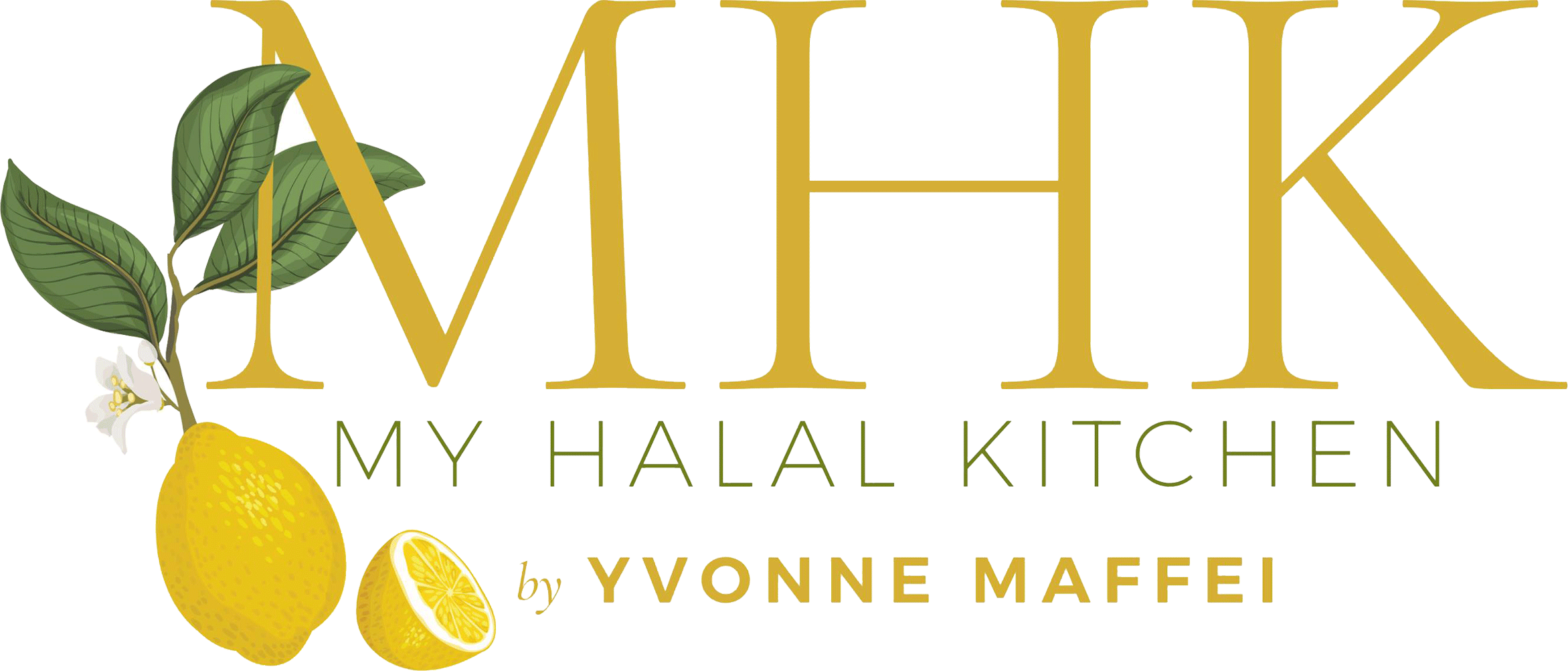




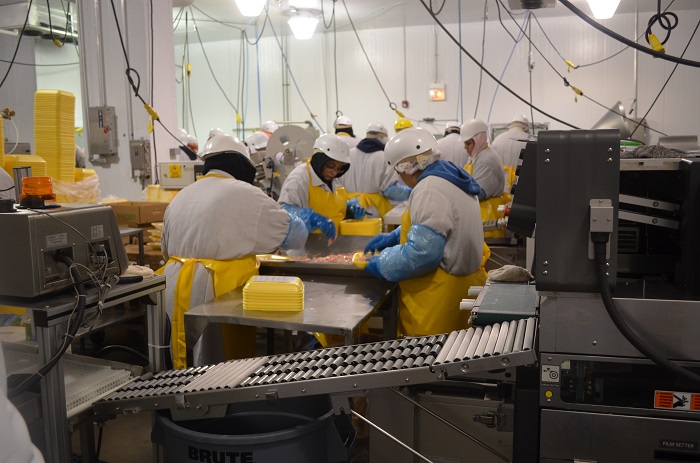


Where do you think some of the best places are online and off for halal restaurant owners to network with their peers?
Lisa, that’s a great question and truthfully, I’m not sure if there is one. I’ll keep this in mind and share when I find something of value.
You forgot to discuss cleanliness and best practices with food handling. I’ve almost given up eating in halal restaurants due to the lack of sanitary conditions. Having put myself through college by working in the foodservice industry, I’m shocked that many Muslim-owned restaurants have not been shut down by the health department.
Just last month my husband and I had a craving for masala dosa so we went to the local Muslim-owned “halal” takeout place to order up this delicious South Indian delight. While watching the woman expertly make the large crepe-like pancake on the griddle I observed a roach crawl lazily up the wall and then into the open chutney container. If you see roaches out in the bright light, you know the place is crawling with them. This is not a unique story, nor is it unique to any city.
We have to demand local halal restaurants observe American food safety standards!
@Lisa- as an update, I would say the American Muslim Consumer Conference is a great conference for the Muslim business owner or anyone interested in marketing towards the halal industry. Also, the National Restaurant Association (often taking place in Chicago annually) is an excellent resource for business owners because they will meet with key individuals who will help answer many questions about the industry and/or put them in touch with the right people.
@Kari- yes, “cleanliness is half of eeman (faith)”, as taught in Islam. Just as many necessary and recommended Islamic practices are not followed by Muslims (and other religious mandates not practiced by people of other faiths), so we end up finding ourselves with some really awful restaurant situations across the board.
In my opinion, when any kitchen is unclean, it’s simply not acceptable regardless of who runs it. To my knowledge, no one can own or manage a food business without safety and sanitation classes, but so many individuals simply operate under the radar somehow and those regulations are then unenforced while open for business. Perhaps it’s up to patrons and community to speak up and make sure these owners are accountable- after all, food poisoning and other food-related illnesses are no joke at all.
Don’t forget to register it on zabihah.com! We email registered users within 20 miles that a new Halal restaurant has opened in their area, and sometimes dozens show up the first day! In one case 200 showed up and the restaurant couldn’t handle the traffic (another lesson – be prepared!)
Hey. We have registered one of our client in zabihah.com Its a good website to have our client site in their. 🙂